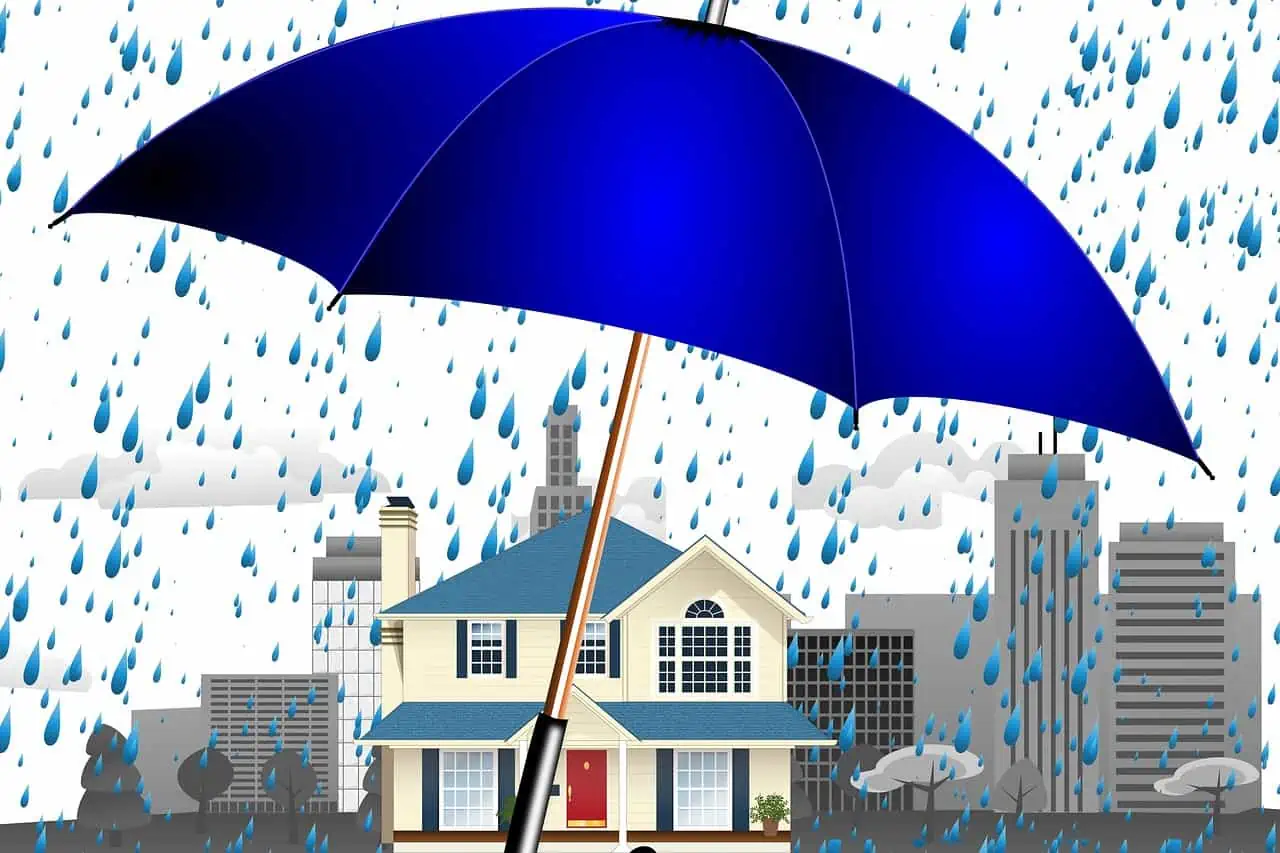Owning a home is a significant investment, and ensuring its longevity and value requires proactive and intelligent home maintenance strategies. From routine tasks to more comprehensive projects, a homeowner’s commitment to regular upkeep is key to preserving the structural integrity, functionality, and aesthetic appeal of their property.
In this homeowner’s handbook, we delve into smart strategies for home maintenance that can save you time, money, and future headaches.
1. Develop a Maintenance Calendar
Smart home maintenance begins with organization. Create a comprehensive maintenance calendar that outlines recurring tasks throughout the year. This includes seasonal activities such as gutter cleaning, HVAC system checks, and roof inspections. Having a well-planned schedule helps you to stay on top of tasks and prevents any issues from escalating.
2. Prioritize Preventative Measures
One of the most intelligent approaches to home maintenance is focusing on preventative measures. Regularly inspecting your home for signs of wear and tear allows you to identify potential issues before they become major problems. This can include checking for leaks and addressing them, fixing cracks in walls, and ensuring that there’s proper drainage around the foundations.
3. Invest in High-Quality Materials
When it comes to smart home maintenance, the old adage “you get what you pay for” holds true. Invest in high-quality materials for repairs and upgrades. Whether it’s roofing materials, paint, or appliances, choosing durable and reliable options can extend the lifespan of your home components, reducing the frequency and cost of replacements.
4. Embrace Energy Efficiency
Smart home maintenance goes beyond just fixing things—it’s about optimizing your home for efficiency. Upgrade to energy-efficient appliances, install LED lighting, and consider enhancing insulation to reduce energy consumption. This will benefit the environment and also lead to long-term savings on utility bills.
5. Regularly Service HVAC Systems
Your heating, ventilation, and air conditioning (HVAC) system is the backbone of the comfort of your home. Smart homeowners schedule regular HVAC maintenance, including filter changes, system inspections, and cleaning. This proactive approach not only ensures a comfortable living environment but also extends the lifespan of your HVAC equipment.
6. Smart Landscaping Practices
Caring for the exterior of your home is just as crucial as maintaining the interior. Implement smart landscaping practices, such as proper grading to prevent water pooling around the foundations, routine tree and shrub pruning, and regular lawn care. Well-maintained landscaping will enhance curb appeal and also protect your home from potential hazards.
7. Keep an Eye on Your Plumbing
Plumbing issues can be some of the most disruptive and costly problems that homeowners face. Implement smart plumbing practices by regularly checking for leaks, inspecting pipes for signs of corrosion, and promptly addressing any plumbing concerns by contacting professionals such as beehiveplumbing.com. Consider installing water sensors to detect leaks early on, preventing water damage.

8. Regular Roof Inspections
Your roof is your home’s first line of defense against the elements. Conduct regular roof inspections to identify missing or damaged shingles, signs of water damage, or issues with flashing. Prompt repairs can prevent water infiltration and extend the life of your roof.
9. Smart Technology Integration
Incorporate smart home technology into your maintenance routine. From smart thermostats that optimize energy usage to security systems that monitor your home remotely, technology can enhance the efficiency and safety of your property. Embrace innovations that align with your maintenance goals.
10. Budgeting for Home Maintenance
A critical aspect of effective home maintenance is establishing a realistic budget. Smart homeowners recognize that routine upkeep and unexpected repairs are inevitable, so planning financially for these expenses is essential.
Start by creating a dedicated home maintenance fund within your overall household budget. Estimate annual costs based on routine tasks, such as HVAC servicing, gutter cleaning, and lawn care, as well as potential unexpected repairs.
In conclusion, a smart approach to home maintenance is a blend of consistency, preventative measures, and embracing modern technologies.
By developing a well-organized maintenance calendar, prioritizing preventative actions, and investing in high-quality materials, homeowners can ensure their property remains a safe, comfortable, and valuable asset for years to come. Remember, the smart strategies that you implement today will contribute to a resilient and well-maintained home in the future.

